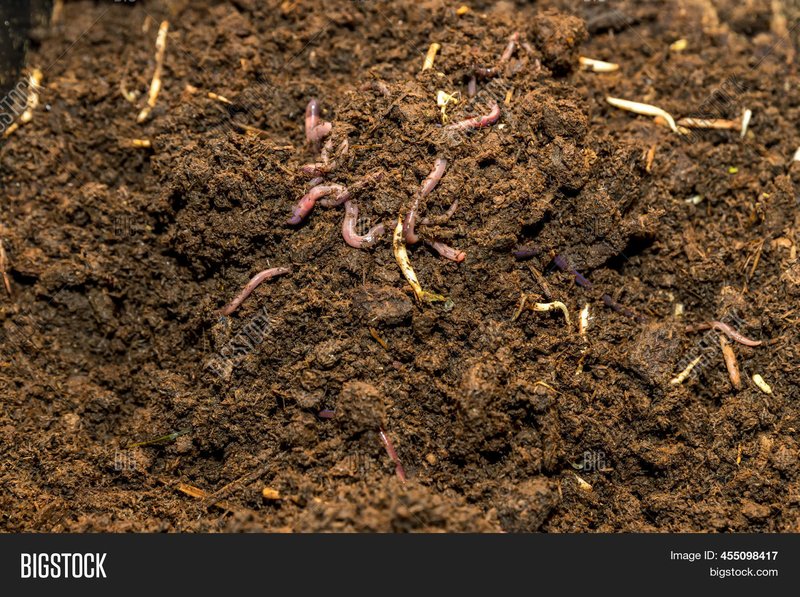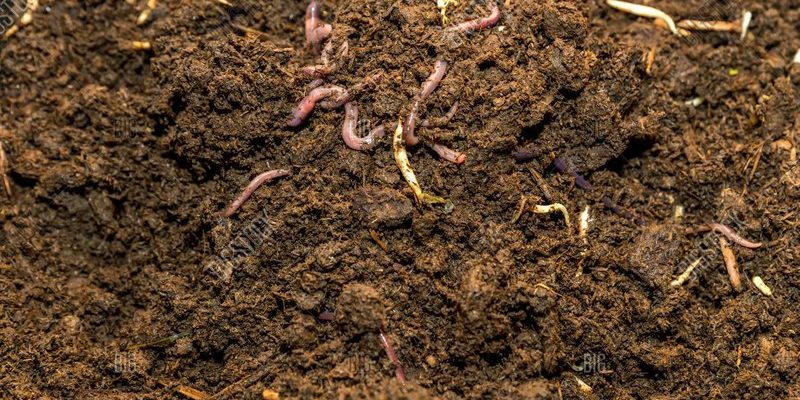
Imagine a beautiful garden on a rainy day. Without earthworms, those raindrops would wash away the topsoil, leaving behind a barren patch of land. It’s like a painter losing their canvas. Earthworms not only keep the soil intact but also improve its quality by aerating it and adding nutrients. So, the next time you spot an earthworm, remember it’s not just a wriggly worm; it’s a key player in maintaining healthy soil and preventing erosion.
What is Soil Erosion?
Soil erosion is simply the process where soil is worn away by natural forces like water and wind. Think of it as a sandcastle slowly being washed away by the tide. Over time, this erosion can lead to a significant loss of topsoil— the nutrient-rich layer that plants rely on. Without this layer, it becomes tougher for plants to grow, which can directly affect our food supply.
There are different types of soil erosion, including water erosion and wind erosion. Water erosion occurs when rainwater or runoff washes soil away, while wind erosion is when the wind picks up loose particles, especially on dry, exposed land. Both types can create serious problems—like creating gullies, reducing crop yields, and increasing sediment in rivers, which can harm aquatic life.
Understanding soil erosion is crucial, especially in areas prone to severe weather conditions. These regions are often at a higher risk of losing vital soil. By knowing what causes soil erosion, we can explore effective solutions like the incredible earthworm.
How Do Earthworms Help Prevent Erosion?
Here’s the thing: earthworms are nature’s own little construction workers. They burrow into the soil, creating channels that allow air and water to flow more freely. This aeration helps keep the soil structure intact, making it more resistant to erosion. Think of it like a sponge that absorbs water instead of letting it run off. When the soil is well-aerated, it can hold more moisture, reducing runoff during heavy rains.
Additionally, as earthworms munch on organic matter—like leaves and decomposing plants—they break it down and create nutrient-rich castings. These castings help improve soil fertility, meaning plants can grow stronger and healthier. Healthy plants with deep roots anchor the soil, making it less likely to wash away. So, when you support earthworm populations in your garden or farm, you’re also lending a hand to your plants!
Moreover, earthworms can help combat the effects of tillage, which can disturb soil structure and lead to erosion. Their tunnels remain in the soil even after the top layer is tilled, helping to maintain its integrity. This is especially beneficial in agricultural settings where the soil is often turned over for planting.
The Role of Earthworms in Soil Health
It’s important to recognize that earthworms don’t just help with erosion—they also contribute to overall soil health. A healthy soil ecosystem is teeming with life, and earthworms play a vital role in that community. They help break down organic materials, which releases essential nutrients back into the soil. It’s like recycling, but with mother nature in charge!
The presence of earthworms can lead to better water retention in the soil, which is critical during dry spells. When soil retains water effectively, plants have better access to moisture, which can mean the difference between a flourishing garden and a wilted one. So, by promoting earthworm populations, gardeners and farmers can create a sustainable approach to soil management.
You might be wondering how to encourage earthworms in your own yard. It’s as simple as adding organic matter, like compost or mulch, to your soil. Earthworms thrive in rich, organic environments, so the more you add, the more they’ll be drawn to your garden.
Practical Ways to Encourage Earthworms
If you want to attract earthworms to your garden and help prevent soil erosion, there are several practical steps you can take:
- Compost: Incorporating compost into your garden not only feeds your plants but also creates an inviting habitat for earthworms.
- Reduce Tillage: Limiting how much you disturb the soil can help maintain earthworm populations and keep their tunnels intact.
- Plant Cover Crops: Growing cover crops during the off-season not only protects the soil but also provides food for earthworms.
- Avoid Chemicals: Reduce the use of pesticides and herbicides that can harm earthworms and disrupt their natural habitat.
By following these simple steps, you can create a thriving ecosystem that supports earthworms, which in turn helps prevent soil erosion. It’s a win-win situation for both you and the environment!
Earthworms vs. Other Erosion Prevention Methods
You might be curious about how earthworms stack up against other erosion prevention methods. Sure, there are traditional techniques like planting grass, building terraces, or using geo-textiles, but why not let nature do some of the work? Earthworms can complement these methods effectively.
For instance, while grass can stabilize soil and prevent erosion, the addition of earthworms can enhance soil quality, allowing the grass to thrive more vigorously. Similarly, while building terraces can control runoff, earthworms can improve the soil within those terraces, making it more resilient.
Many erosion control practices can be combined with earthworm encouragement for even better results. Using organic mulch can help retain moisture while also providing a habitat for earthworms. Creating contour beds can make it easier for earthworms to aerate soil while contributing to the overall stability of the landscape.
Summary: Earthworms as Nature’s Ally in Soil Erosion
In conclusion, earthworms are far more than just squirmy little creatures. They’re essential allies in the fight against soil erosion. By helping to maintain soil integrity, improving fertility, and promoting water retention, these small but mighty worms have a significant impact on our environment.
Encouraging earthworms in your garden might just be one of the easiest ways to make a positive impact. With simple steps, you can create a thriving habitat that benefits both your plants and the planet. So, the next time you encounter an earthworm in your garden, take a moment to appreciate its role in preventing erosion and maintaining healthy soil. It’s not just a worm—it’s a vital part of nature’s ecosystem, and we can all play a part in helping it thrive.

